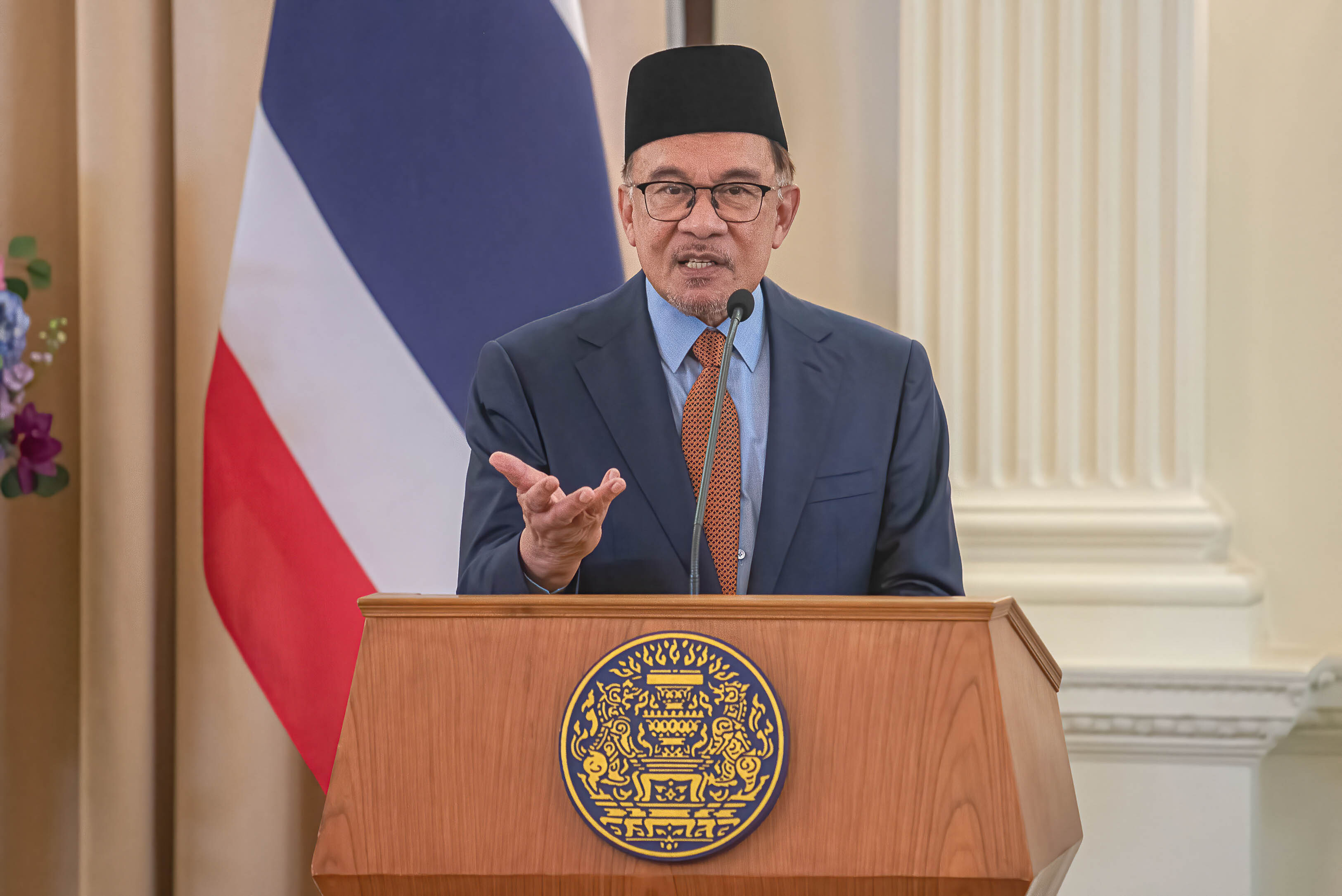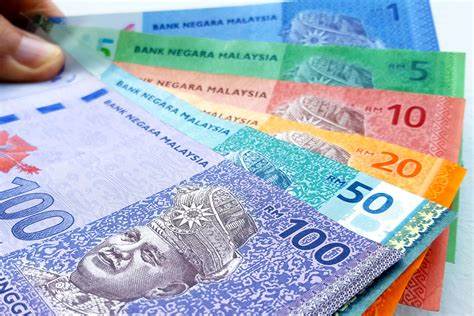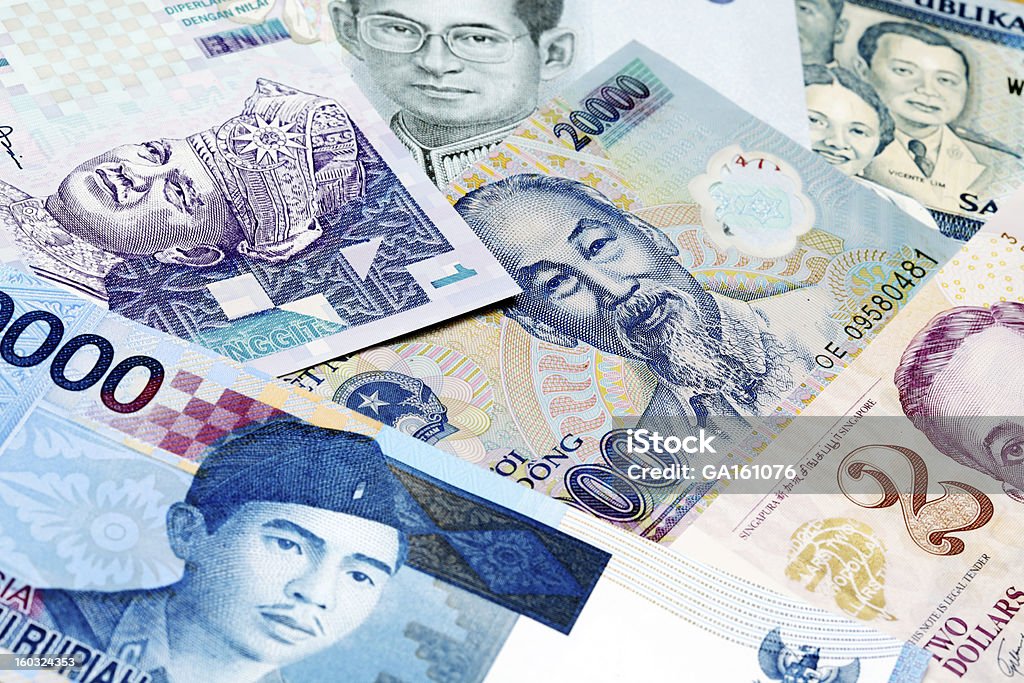Southeast Asian Countries Are Accelerating The Pace of “De-dollarization”
Jayson 02 Nov 2023 07:58ENCopy link & title
ASEAN finance ministers and central bank governors approved the establishment of an ASEAN-wide local currency transaction framework in August, which heralds the acceleration of “de-dollarization” in Southeast Asian countries and even globally. "de-dollarization" and "local currency settlement" have become hot words in Southeast Asia.

On October 10, Malaysian Prime Minister Anwar said that Malaysia would increase the use of local currency settlements when conducting trade with other countries and reduce its dependence on the U.S. dollar. "It will be difficult to completely stop relying on the U.S. dollar, but Malaysia will be more active by using local currency in trade. "

Currently, Malaysia is discussing the use of local currency settlements with several countries and has signed agreements with China, Indonesia, and Thailand to encourage more trade and investment in local currencies.
Malaysia is accelerating the pace of "de-dollarization" at a time when its currency, the ringgit, has depreciated sharply against the US dollar and the exchange rate is close to historical lows. Anwar said that as the Federal Reserve continues to raise interest rates, most currencies in the world have experienced depreciation this year.

"If all transactions are conducted in US dollars, the ringgit will face very big challenges." In response to fluctuations in the foreign exchange market, Bank Negara Malaysia will continue to introduce policies including expanding local currency settlement to ensure market order and reduce financial risks.

In addition, Indonesian President Joko also publicly stated: "We should rely less on foreign payment systems and use more Indonesian bank credit cards to avoid transactions being affected by geopolitics."
It is the growing foreign exchange risk posed by the U.S. dollar that has fueled Southeast Asia's push to trade in local currencies. At present, more than 80% of Southeast Asia's export trade is denominated in US dollars. Any change in US dollar monetary policy will cause strong economic fluctuations in Southeast Asia.

Therefore, ASEAN countries hope to use more local currencies in cross-border trade and investment to ensure economic stability and reduce the spillover effects of high inflation and other problems in the West in the region.

On October 10, Malaysian Prime Minister Anwar said that Malaysia would increase the use of local currency settlements when conducting trade with other countries and reduce its dependence on the U.S. dollar. "It will be difficult to completely stop relying on the U.S. dollar, but Malaysia will be more active by using local currency in trade. "

Currently, Malaysia is discussing the use of local currency settlements with several countries and has signed agreements with China, Indonesia, and Thailand to encourage more trade and investment in local currencies.
Malaysia is accelerating the pace of "de-dollarization" at a time when its currency, the ringgit, has depreciated sharply against the US dollar and the exchange rate is close to historical lows. Anwar said that as the Federal Reserve continues to raise interest rates, most currencies in the world have experienced depreciation this year.

"If all transactions are conducted in US dollars, the ringgit will face very big challenges." In response to fluctuations in the foreign exchange market, Bank Negara Malaysia will continue to introduce policies including expanding local currency settlement to ensure market order and reduce financial risks.

In addition, Indonesian President Joko also publicly stated: "We should rely less on foreign payment systems and use more Indonesian bank credit cards to avoid transactions being affected by geopolitics."
It is the growing foreign exchange risk posed by the U.S. dollar that has fueled Southeast Asia's push to trade in local currencies. At present, more than 80% of Southeast Asia's export trade is denominated in US dollars. Any change in US dollar monetary policy will cause strong economic fluctuations in Southeast Asia.

Therefore, ASEAN countries hope to use more local currencies in cross-border trade and investment to ensure economic stability and reduce the spillover effects of high inflation and other problems in the West in the region.

